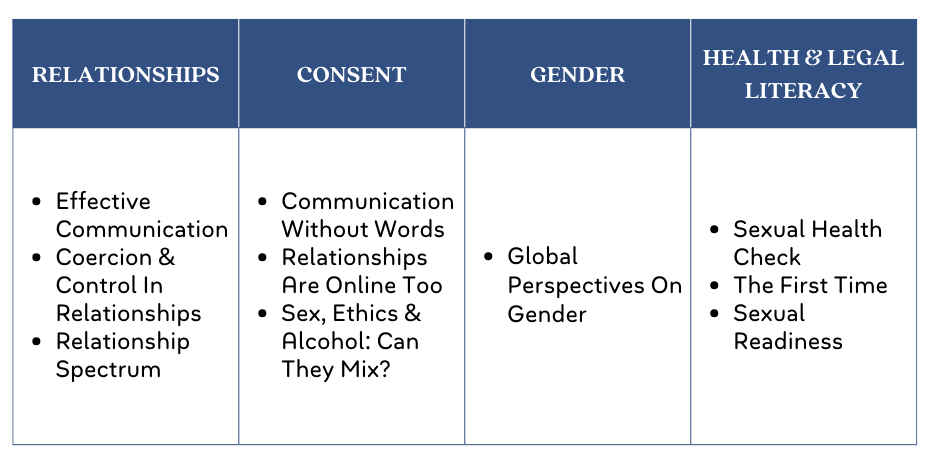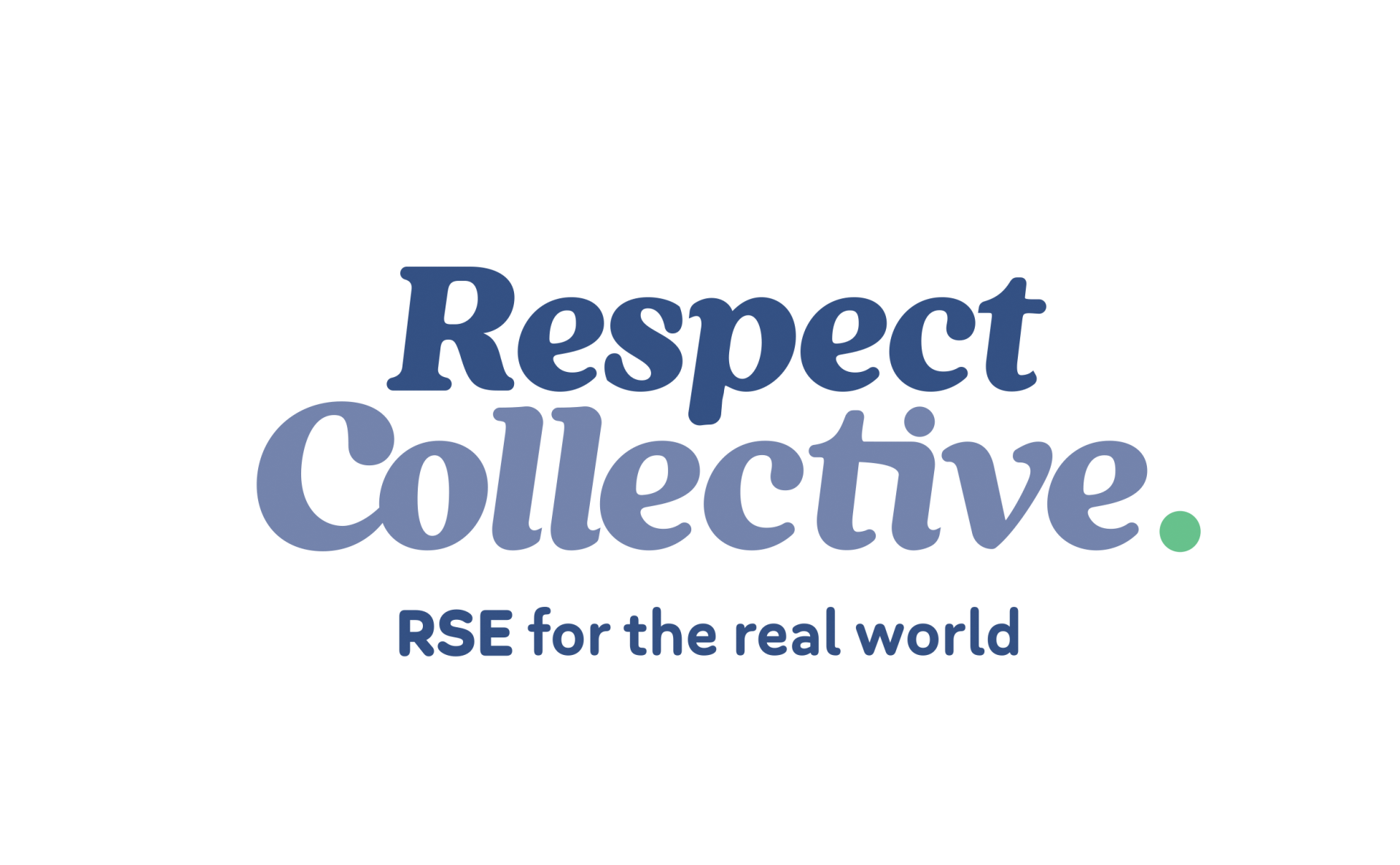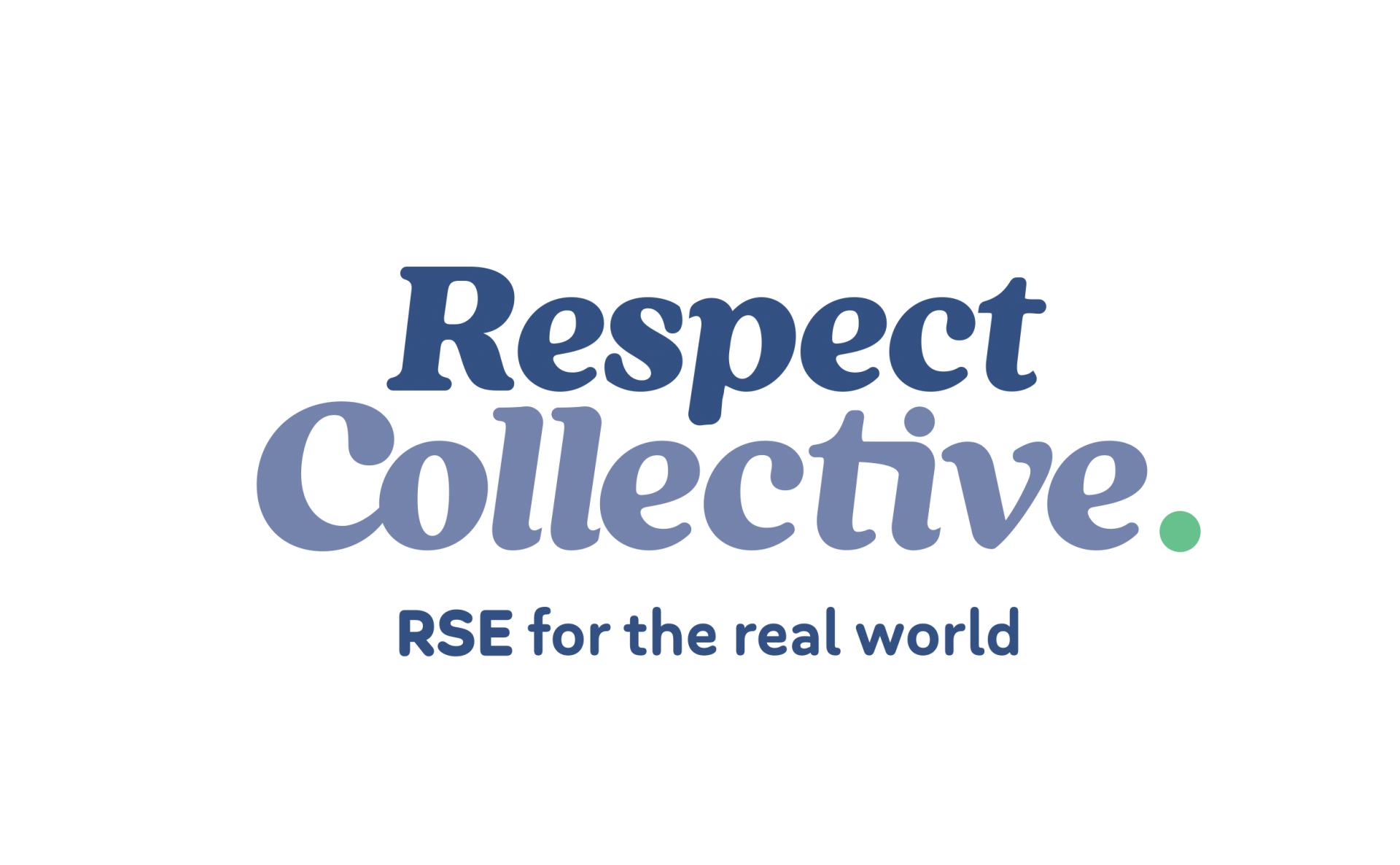In this Relationship Spectrum lesson students will explore the differences between healthy and unhealthy.
Students will work in small groups to sort relationship scenarios into healthy and unhealthy before discussing what changes could be made to the unhealthy scenarios to improve them. They will then watch a video from La Trobe University that highlights important elements in healthy relationships. The lesson finishes with students discussing help seeking and support for young people experiencing unhealthy relationships.
Each lesson ends with a consolidation activity, inviting students to list 1 thing they have learnt from the lesson, 1 thing they already knew, 1 piece of advice they would share with a friend, and 1 adult or organisation that would be helpful in relation to the lesson topic.


